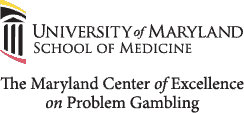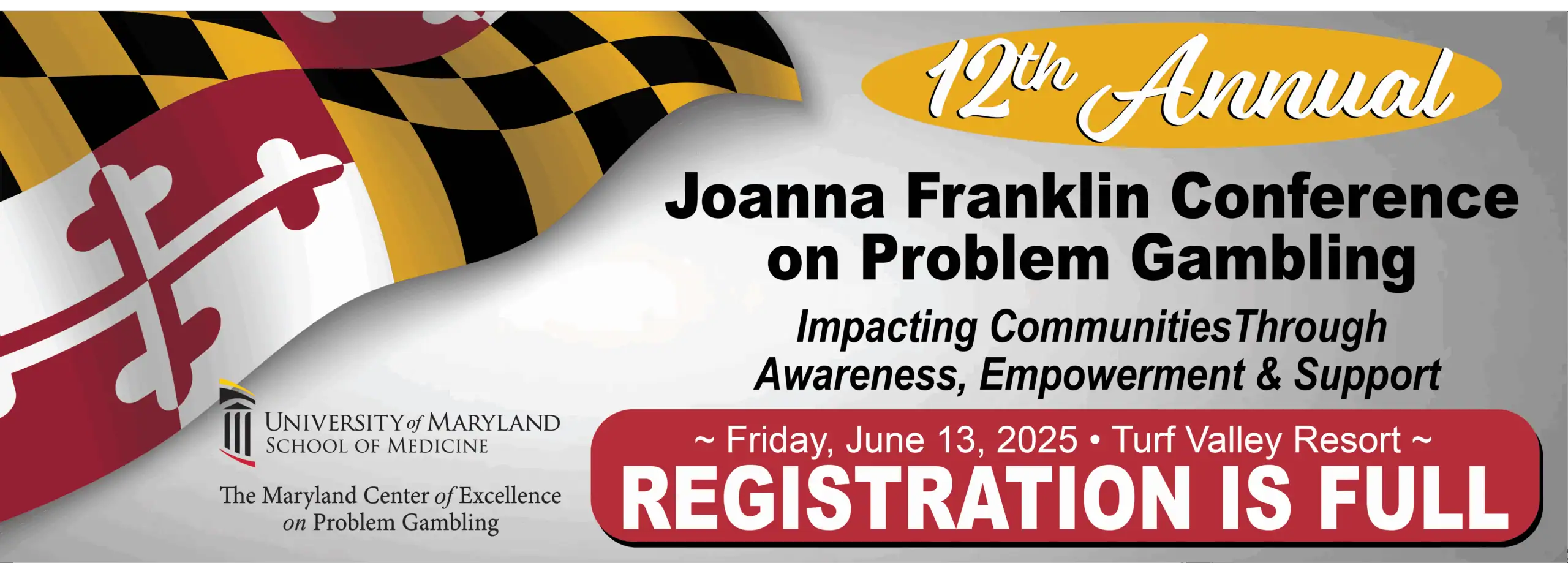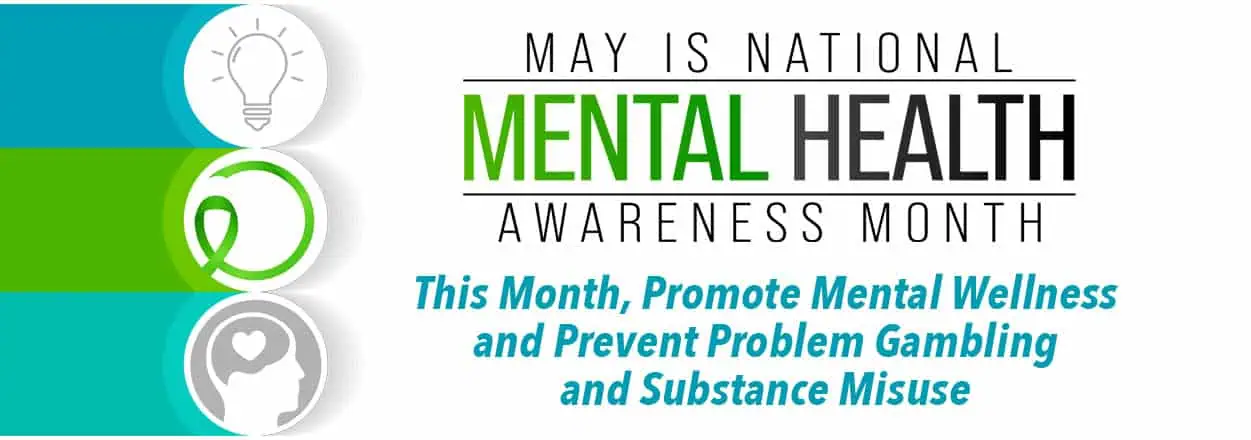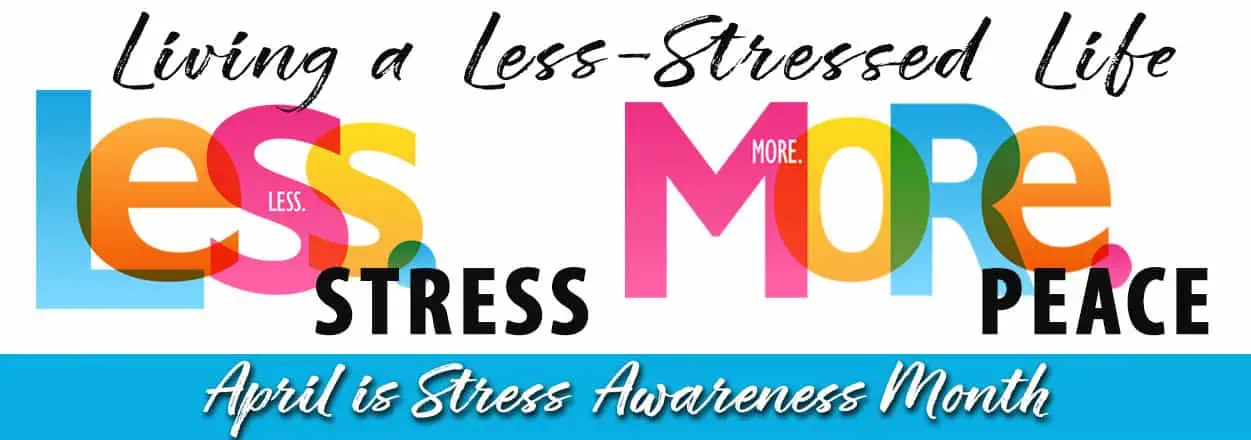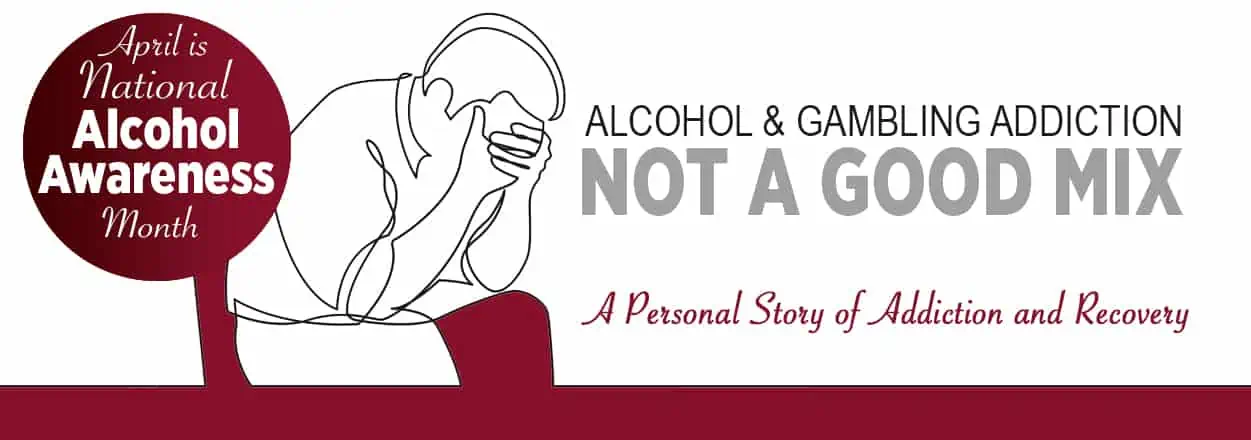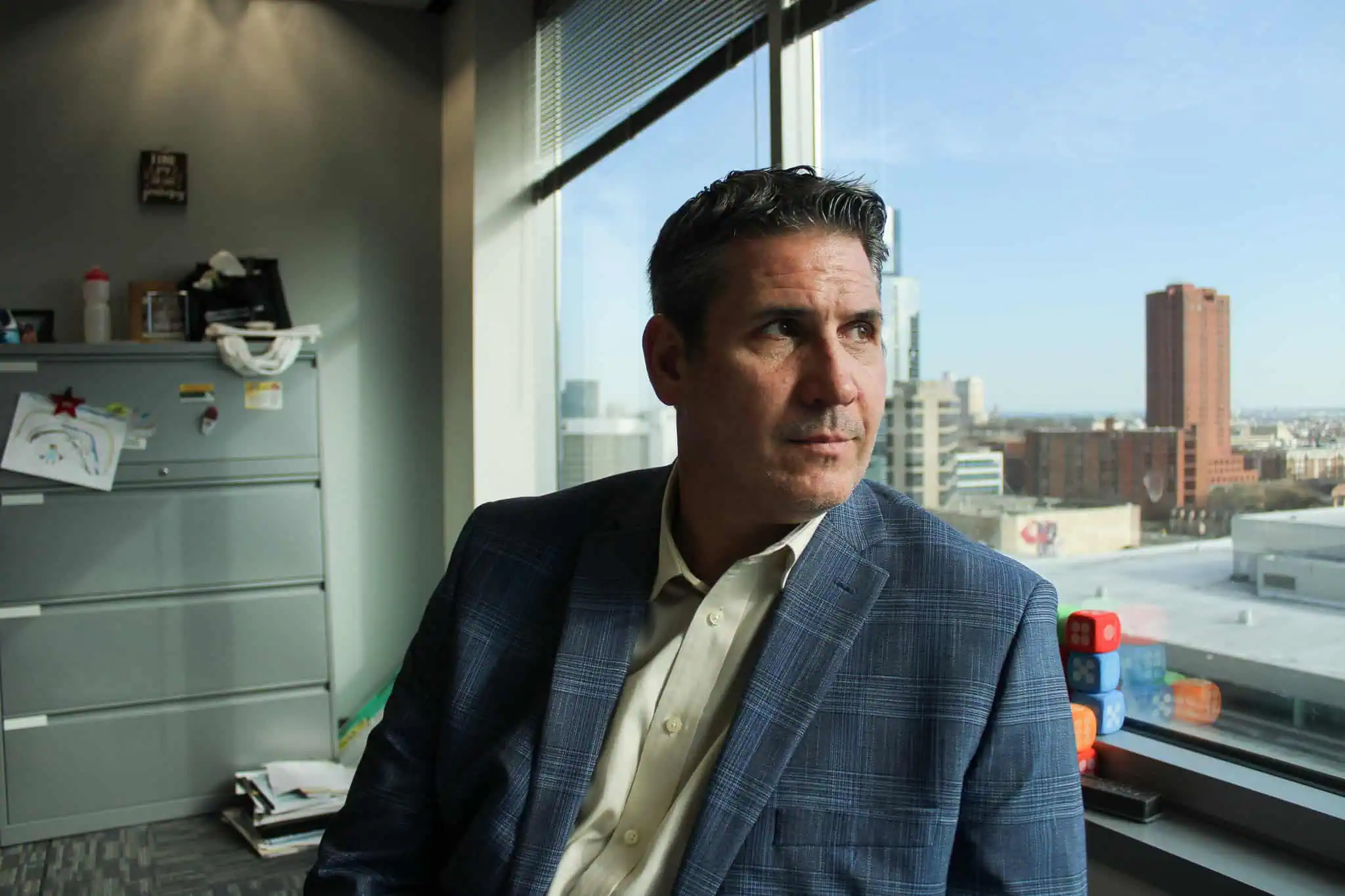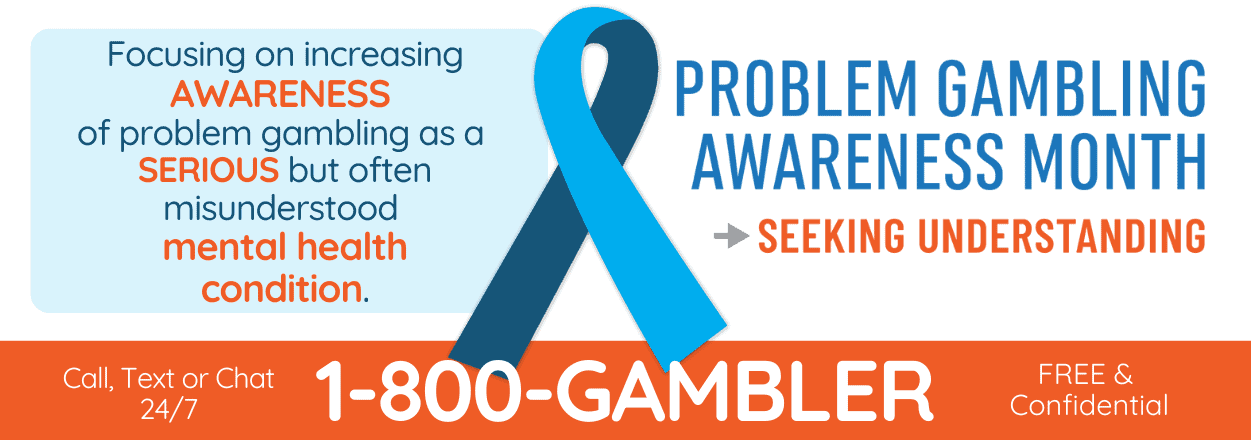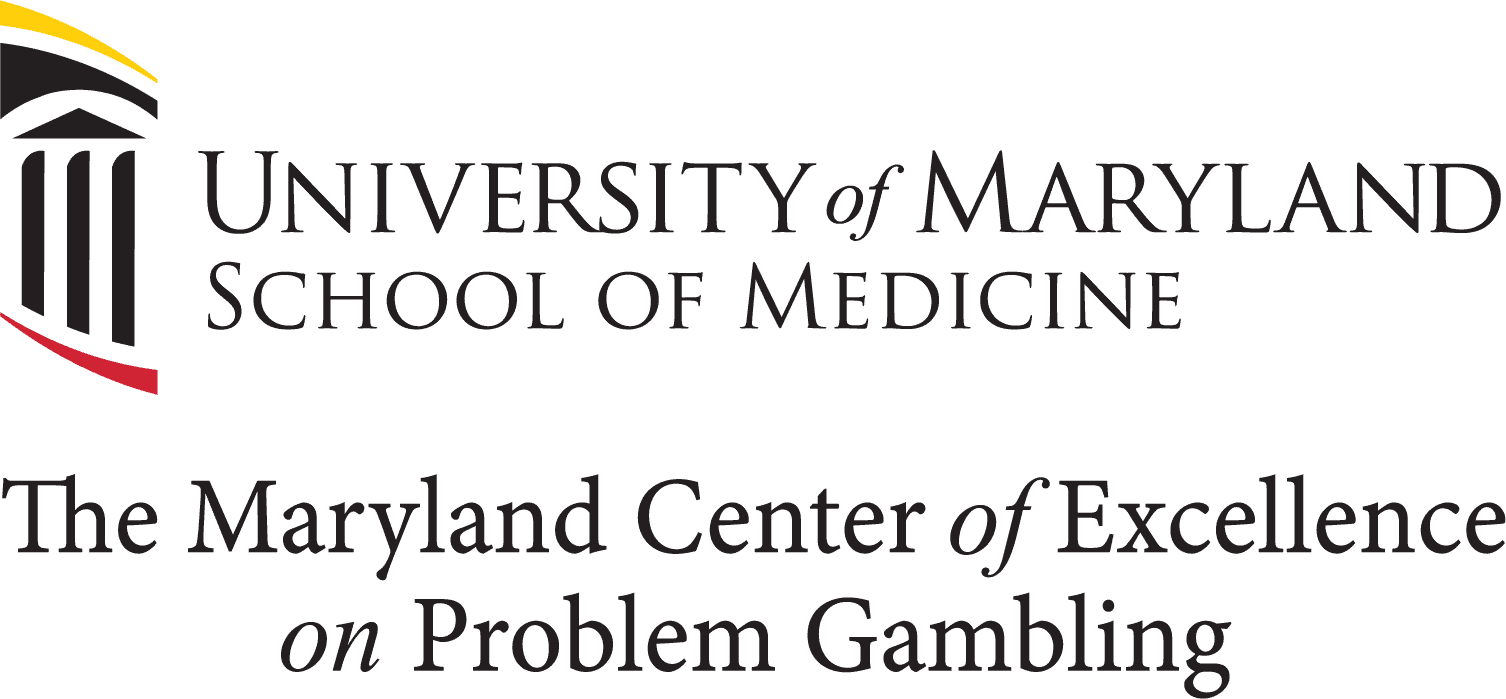12th Annual Conference on Problem Gambling
May 11, 2025
Register Now: Friday, June 13, 2024. We are excited to invite you to save the date for our 12th Annual Maryland Conference on Problem Gambling.
Special Population Grant Application FY2026
June 1, 2025
The Center will be offering limited grant opportunities to community organizations serving populations at-risk of problem gambling in FY 2026. The goal is to fund ...
Colleges/Universities Grant Application FY2026
June 1, 2025
The Center will be offering limited grant opportunities to Maryland colleges and universities in FY 2026. The goal is to fund at least 16 colleges/universities. ...
May is Mental Health Month
May 6, 2025
This May during National Mental Health Month, take a mental health break to recognize an opportunity to share the importance of care in our relationships ...
Live a Less-Stressed Life
April 2, 2025
Start today and acknowledge that stress happens. By implementing self-care tools, you and your family can minimize stress and enjoy a healthier, happier life.
Alcohol and Gambling Addiction – Not a Good Mix!
April 2, 2025
April is Alcohol Awareness Month, a national public health awareness campaign developed to increase awareness and understanding of the causes and treatment of alcoholism. Established ...
The dangers of sports gambling addiction
April 1, 2025
Legalized gambling and professional sports were once regarded as a deadly combination to be avoided at all costs. But today, 39 states and Washington, D.C. ...
How to spot when sports gambling is becoming a problem
April 1, 2025
Most people who bet on sports do it responsibly. But for some, online sports apps can lead to problem gambling with devastating results. There ...
Other states have tackled youth gambling. Why hasn’t Maryland?
March 12, 2025
Maryland is lagging behind as youth gambling rises, while neighboring states implement education programs to combat the issue. Legislative delays and staffing shortages have stalled ...
March is Problem Gambling Awareness Month
March 2, 2025
Each March, the Center actively promotes Problem Gambling Awareness Month, a grassroots public awareness and outreach campaign established by the National Council on Problem Gambling ...
